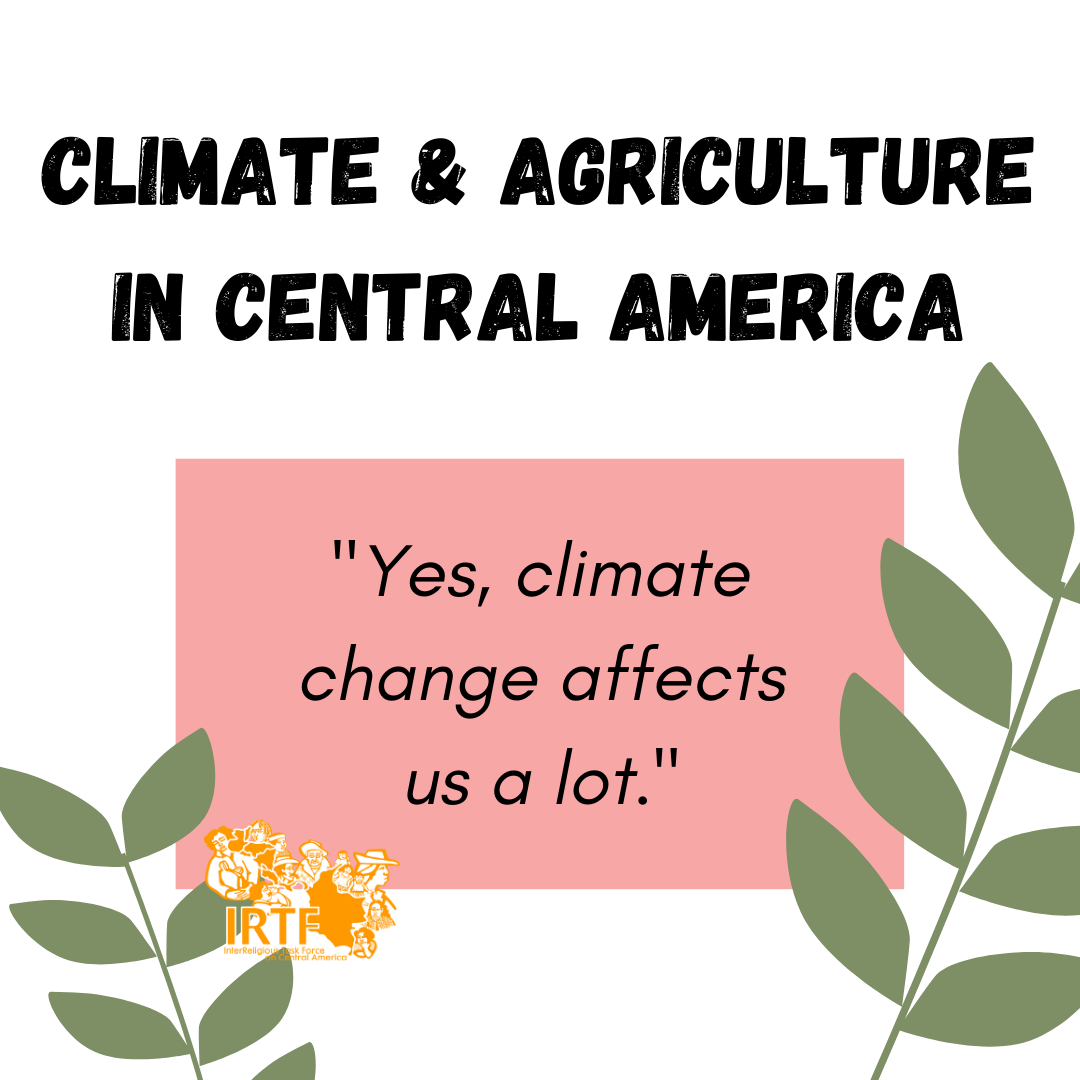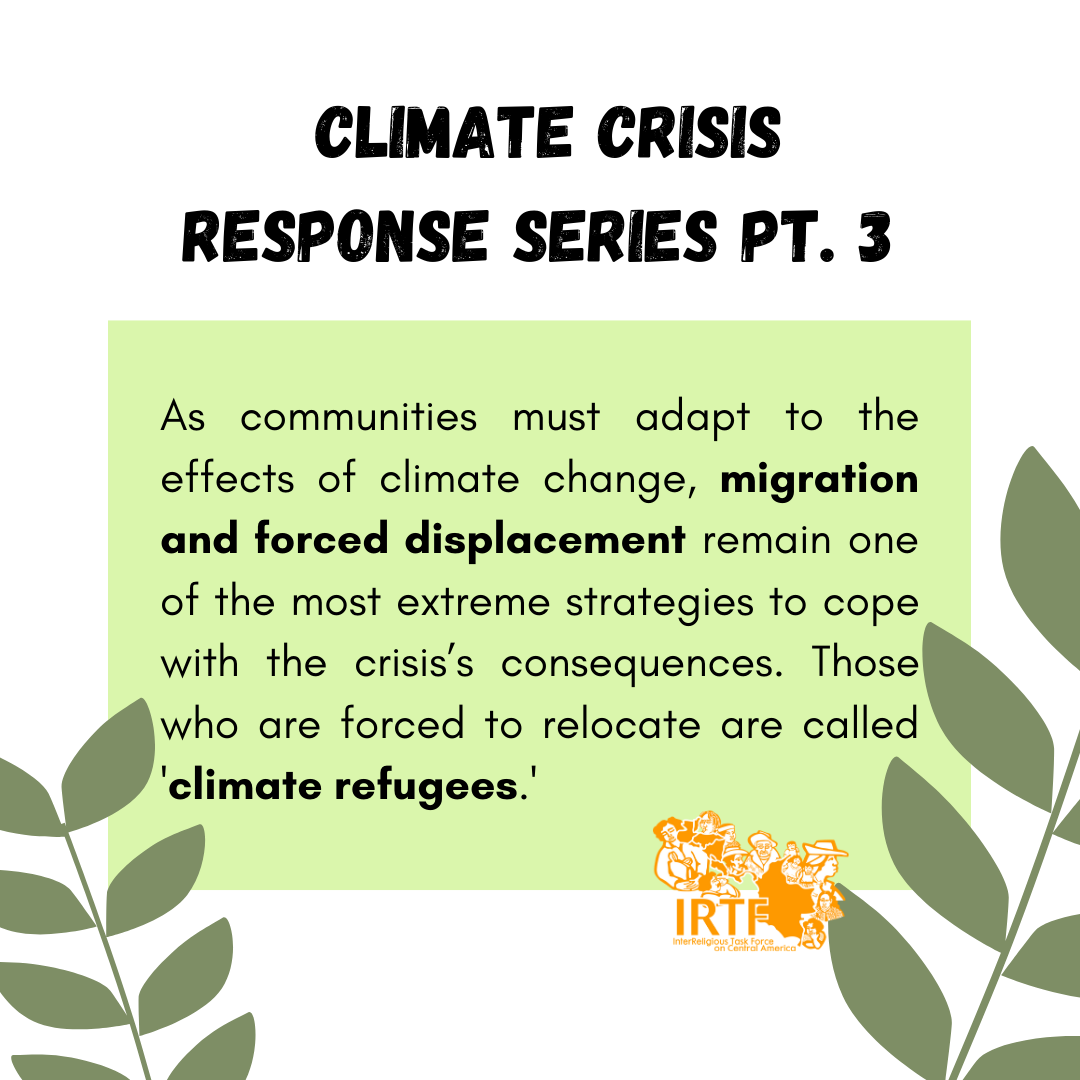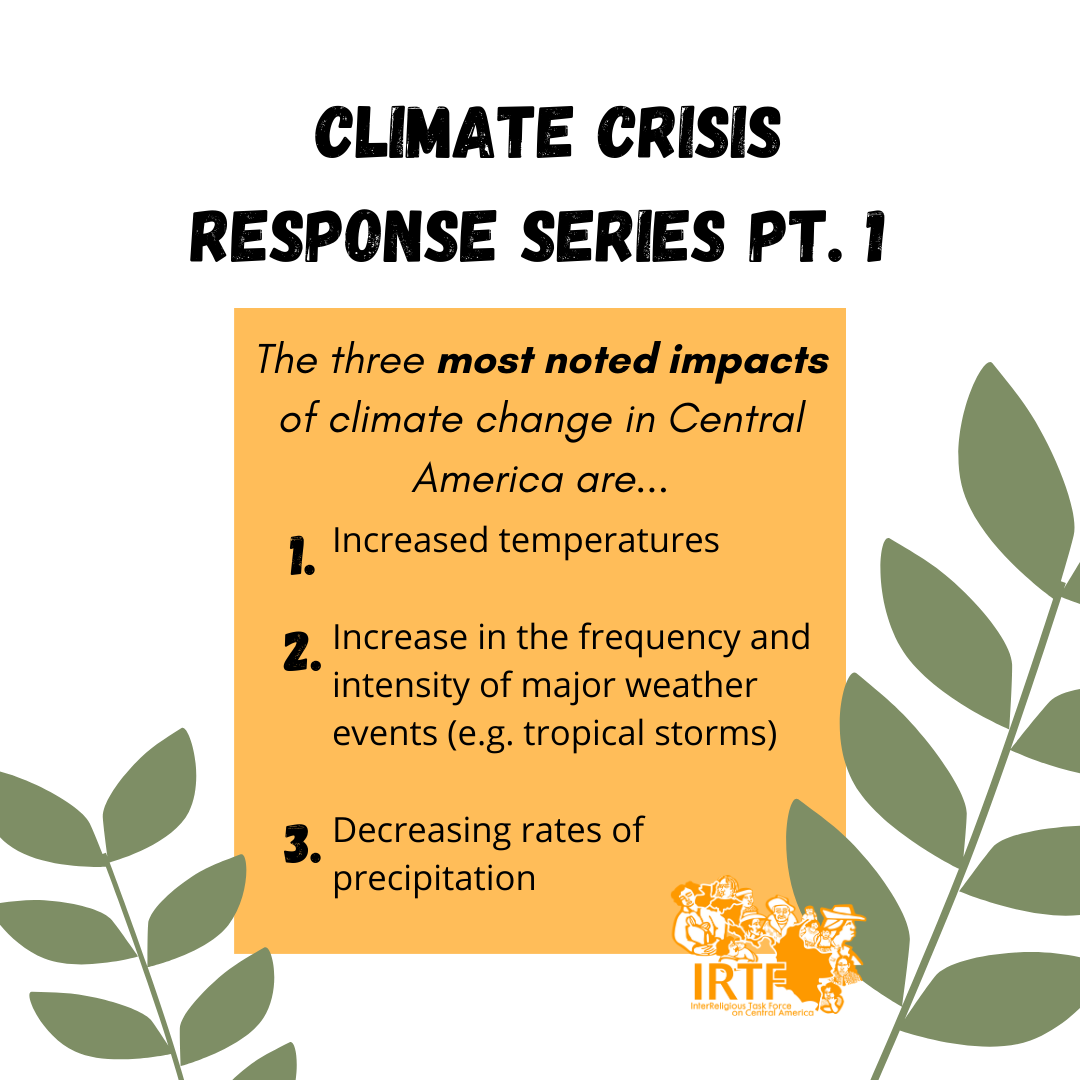The ZEDEs (Zonas de Empleo y Desarrollo) -- also known as "model cities" -- continue stirring up controversy on the pages of the daily newspapers and on the streets of Honduras in the form of organized resistance. Edmundo Orellano is the former foreign minister and former defense minister of Honduras. In this article published in La Tribuna, he describes the ZEDEs this way: "We are handing over the territory and sovereignty, displacing the population and stripping it of its real estate, to establish small States ['model cities"] in a territory that will no longer be ours, populated by foreigners, that are like the ones that appear provoking the islanders in the video went viral on the networks, they will be, for the most part, louts."
- Home
- About Us
- Issues
- Countries
- Rapid Response Network
- Young Adults
- Get Involved
- Calendar
- Donate
- Blog





